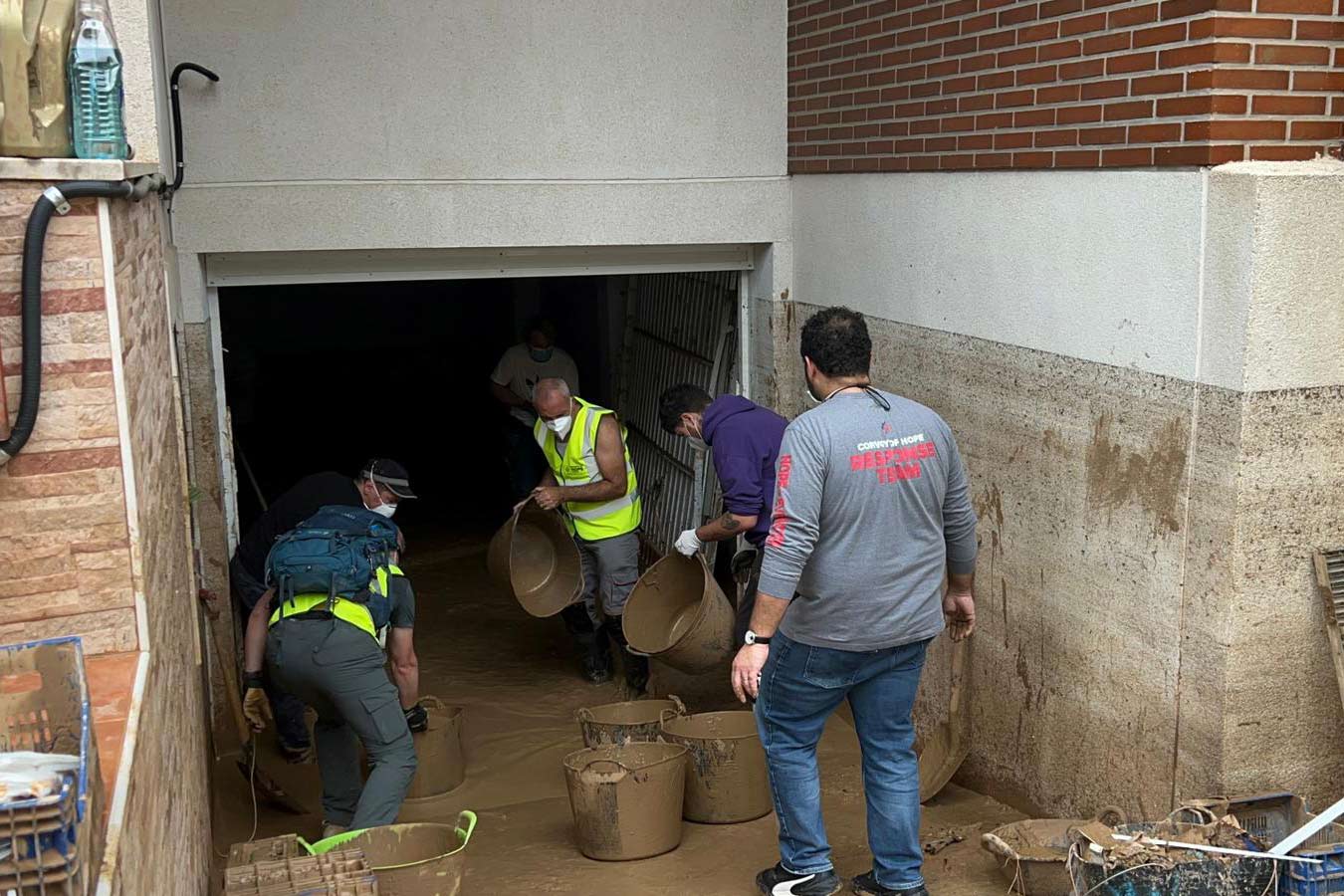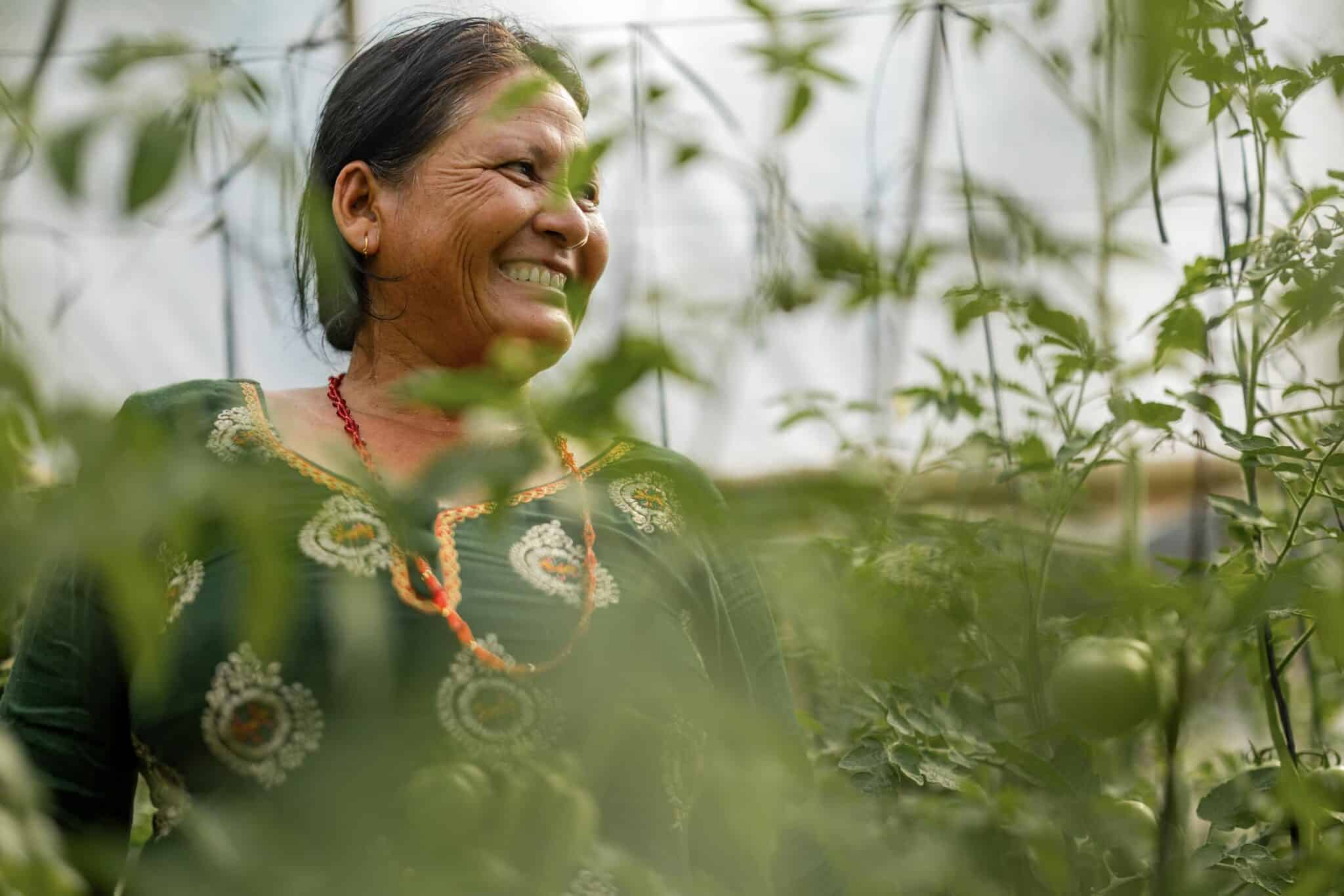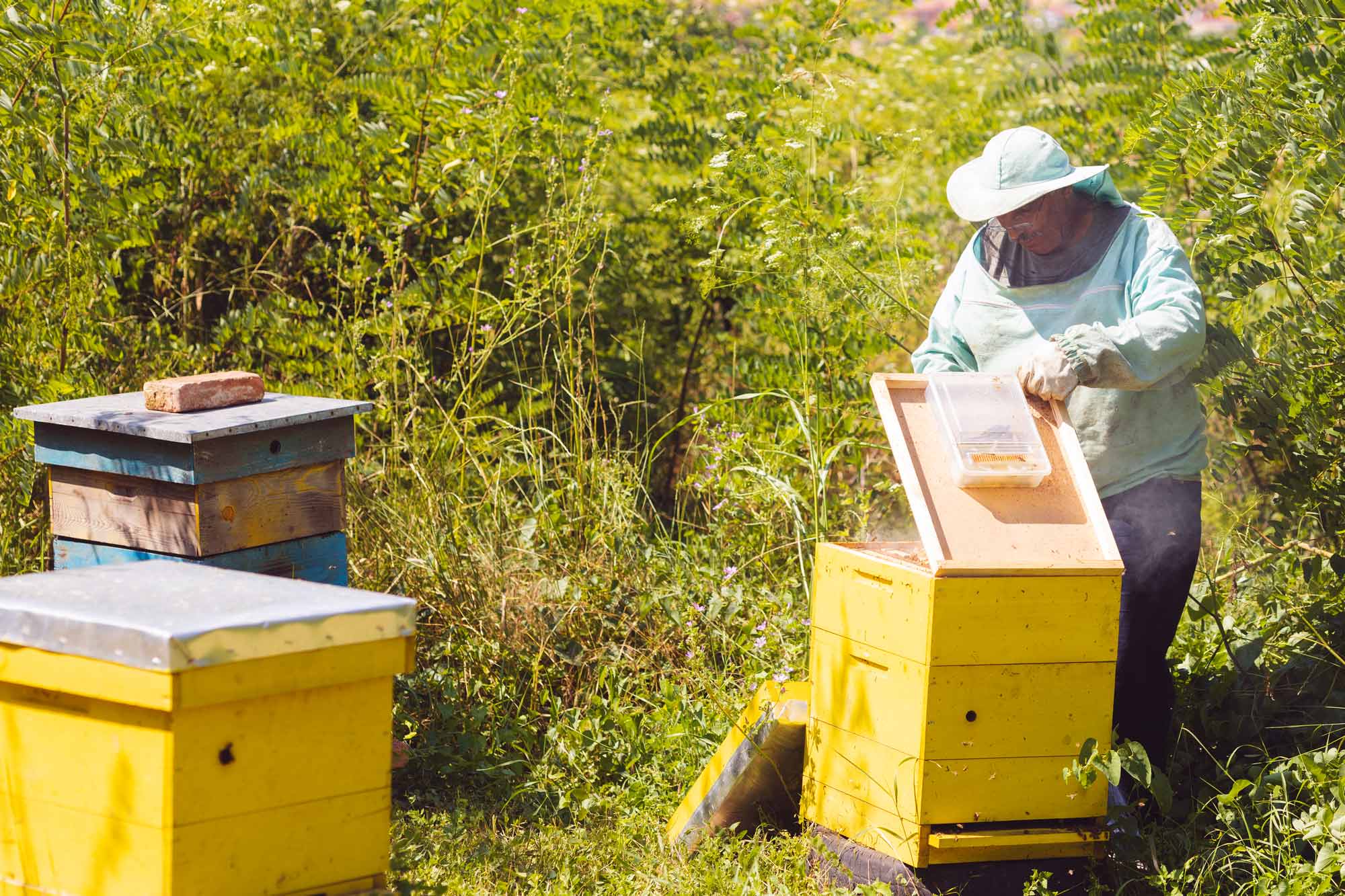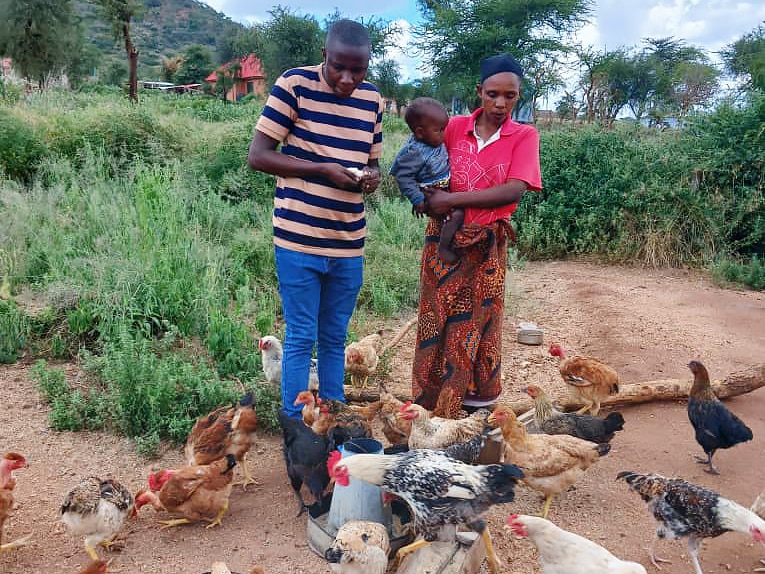Every gardener knows the frustration of putting hard work into growing strong and healthy crops only for them to be snatched away by an animal or picked apart by insects just before harvest. This year, avoid the heartbreak of seeing the fruits of your labor devoured by pests and make your own safe, organic pesticide.
There are several kinds of homemade pesticides. Try a few to see what works best for you.
- Soap – Diluting dish soap inside a spray bottle is an effective way to deal with pests like aphids. Spray the soapy water mixture directly on the insects. The mixture will work on contact, so only use it when there is an ongoing infestation.
- Vegetable Oil – Oil is thick and makes it difficult for insects to breathe. Mix one part dish soap to four parts vegetable oil to create a concentrate. Combine one tablespoon of your concentrate to every four cups of water. The mixture can be sprayed directly onto insects, similar to the soap mixture.
- Diatomaceous Earth – Diatomaceous earth is a very fine and abrasive powder of fossilized microorganisms called diatoms. It is used as a pest control measure in many places, including fleas on pets, and can be found in most garden or pet stores. Sprinkle it around your garden to kill and repel insects. Reapply it after any rain.
- Garlic & Chile – Both of these veggies give off scents that drive away insects and animals. Blend fresh garlic or chilies, strain the result into a mixture with water, and add a small amount of soap.
- Hair – That’s right! Human hair repels pesky animals such as deer who may view your newly grown veggies as a delicious snack. Line your garden with hair clippings to repel animals that would normally eat your fruits and vegetables.
- As a rule of [green] thumb, avoid spraying homemade pest controls during the heat of the day. They could potentially damage plants if they dry out too quickly.
Find more of Dr. Dirt’s gardening tips on subjects like soil type and nutrients here.













